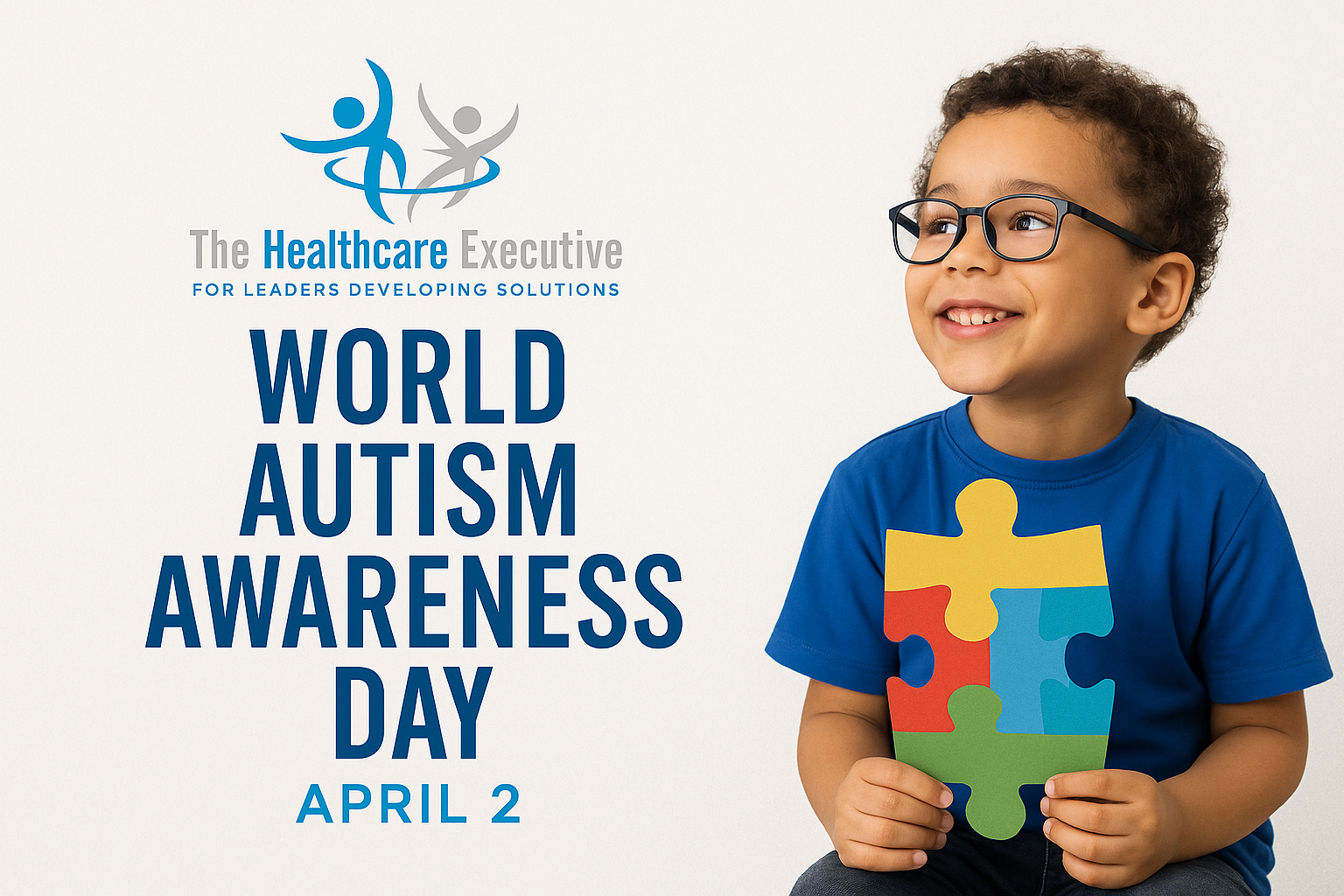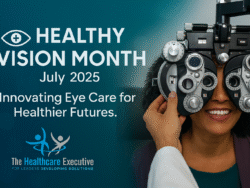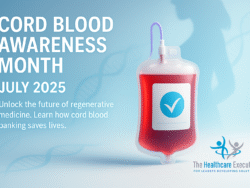World Autism Awareness Day | April 2, 2025

- Posted by Greg Wahlstrom, MBA, HCM
- Posted in Health Observance Calendar
Executive Leadership in Inclusive, Neurodiverse Healthcare
Published: April 2, 2025
World Autism Awareness Day, recognized annually on April 2 and endorsed by the United Nations, elevates the importance of inclusion, acceptance, and equitable healthcare for individuals on the autism spectrum. For hospital executives, this observance offers a crucial opportunity to assess how neurodiversity is addressed—not just clinically, but structurally—across the system. From intake forms and diagnostic protocols to waiting room design and workforce training, autism inclusion must be intentionally built into healthcare operations. Institutions like Children’s Hospital of Philadelphia are advancing care models that integrate behavioral health, occupational therapy, and parent coaching. Executive leaders must ensure these approaches are not isolated but embedded into strategic frameworks, community benefit programming, and equity dashboards. World Autism Awareness Day is a time to go beyond symbolic lighting campaigns—it’s a day to lead systemic transformation with humility, evidence, and inclusion.
Hospital boards and C-suite leaders must examine their institution’s role in advancing neurodiverse care from pediatric to adult services. Many autistic individuals experience fragmented or inaccessible healthcare as they transition into adulthood, facing barriers in primary care, mental health access, and emergency settings. Organizations like Autism Speaks emphasize the importance of sensory-friendly environments, clinical communication adaptations, and staff competency across the continuum of care. Executives should review how their electronic health records capture autism diagnoses, care preferences, and accommodations. During this observance, health systems are encouraged to audit their patient experience feedback tools and employee onboarding programs for neurodiverse responsiveness. Boards should receive data on service gaps, interpreter usage for non-verbal patients, and training hours related to developmental disabilities. At the strategic level, autism inclusion is both a care quality imperative and a reputational asset. World Autism Awareness Day calls on leaders to ensure dignity, continuity, and accessibility in every care interaction.
Equity in autism care cannot be achieved without addressing the social determinants that shape diagnosis, treatment, and long-term outcomes. Studies from the CDC show that Black and Latino children are more likely to be diagnosed later or misdiagnosed altogether, reducing access to early intervention and services. Hospitals must recognize how race, language, income, geography, and stigma intersect to shape access. Leaders can respond by embedding autism screening into routine pediatric visits, expanding interpreter services, and partnering with early childhood centers and schools in underserved communities. At RWJBarnabas Health, community health workers are being trained to support families navigating autism care, building trust and navigation capacity. Equity in autism care also includes family engagement, caregiver support, and culturally responsive materials. Executive teams should ensure that autism is represented in health equity strategy and community benefit planning. World Autism Awareness Day is an invitation to lead with equity—not only for patients, but for the communities that surround and support them.
Technology can also help bridge gaps in autism care when deployed thoughtfully and inclusively. Telehealth platforms offer promising opportunities for behavioral therapy, social coaching, and multidisciplinary collaboration—especially in rural or specialist-scarce areas. However, these tools must be adapted for neurodiverse needs, including sensory sensitivities, communication styles, and access barriers. Hospitals like MassGeneral for Children are piloting teletherapy models that combine digital support with family-centered planning. Executives must ensure IT, compliance, and clinical teams are aligned on accessibility standards, including video captioning, text-based options, and clear visual interfaces. Digital equity must extend beyond device access to include cognitive usability. Autism inclusion in technology should also be reflected in internal workforce platforms, onboarding portals, and employee development systems. World Autism Awareness Day offers a strategic moment to assess how technology affirms inclusion—and where it might unintentionally exclude. True innovation is measured by who can participate, not just what gets built.
As World Autism Awareness Day concludes, executive leaders must recognize that inclusion is not a one-time campaign—it is an everyday responsibility. Patient experience teams, diversity councils, IT departments, and clinical leaders all play roles in making autism inclusion real. Recognition events are important, but they must be accompanied by measurable plans, budget allocations, and accountability structures. Hospital communications teams can use this week to elevate autistic voices, caregiver stories, and internal champions of neurodiverse care. Board members should ask whether autism is part of the organization’s long-term strategic plan, workforce development strategy, and health equity reporting. Leading on autism means rethinking policies, environments, workflows, and relationships through a neurodiverse lens. World Autism Awareness Day is not just for pediatric departments—it’s for every department. And it is led from the top.
Discover More
Explore how hospital leaders are creating inclusive care models for neurodiverse communities across clinical, digital, and strategic dimensions.



